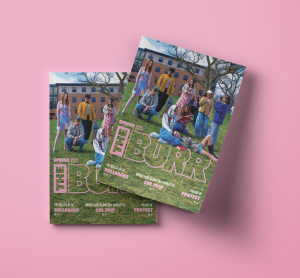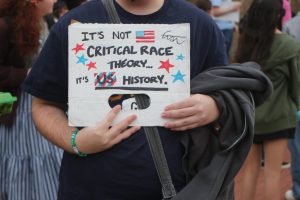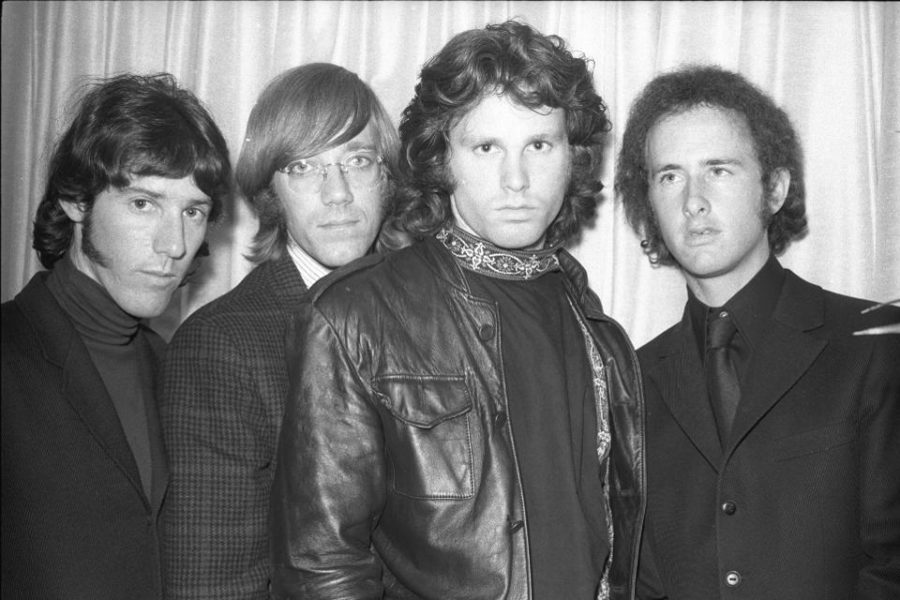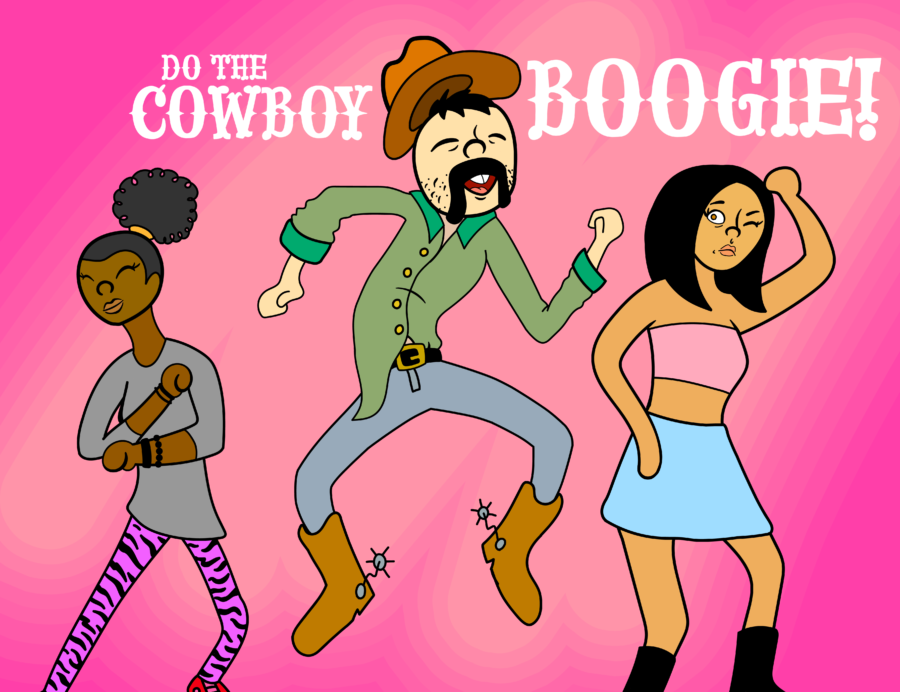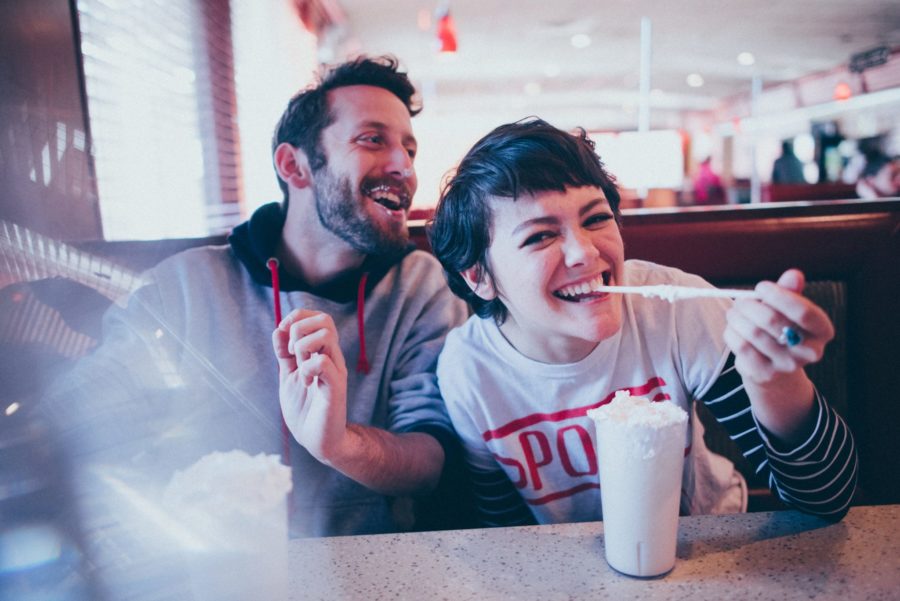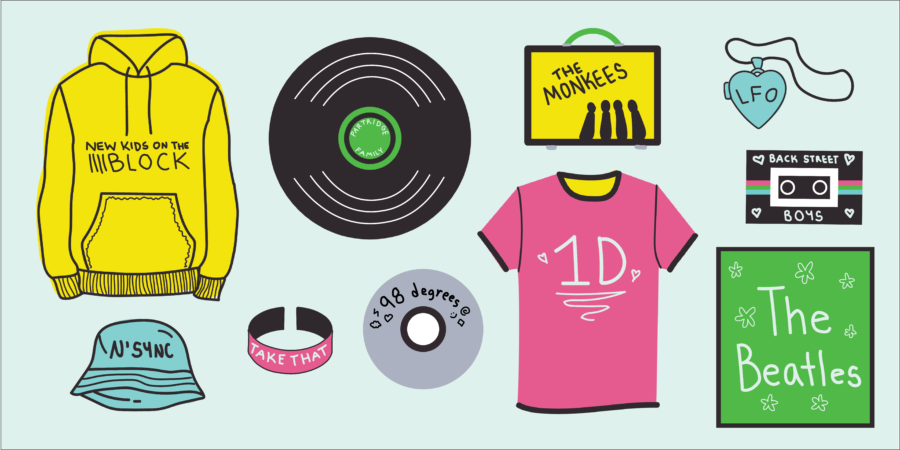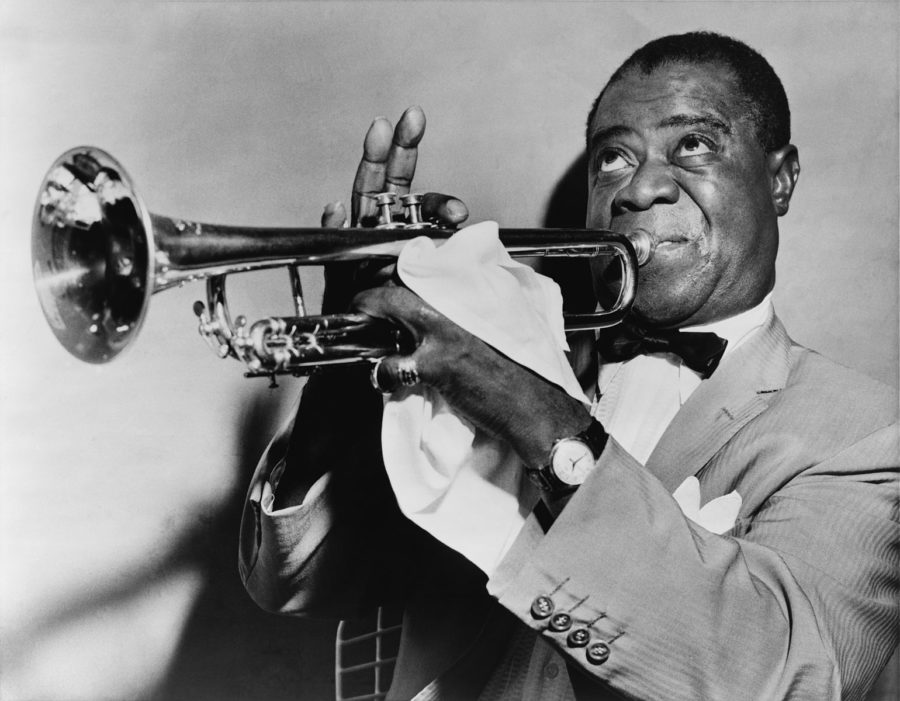Illustration by Maryrose Ceccarelli
The past two weeks have shaped the entire world into a brand new claustrophobic ethos. We’ve all etched keeping hands clean, staying six feet away and working from home into our mundane lives. It’s been difficult to connect with others, physically and emotionally. Some have been inspired to create hashtags, like #alonetogether, to build that much-needed sense of community that everybody is currently lacking. However, another attempt at creation of collective isolation did not go over well with the general public. A trending Instagram video, started by actress Gal Gadot singing “Imagine” then followed by other Hollywood actors completing the rest of the song lyric by lyric. It was quickly chastised with most calling it out of touch. I didn’t think this was particularly the mistake of the celebrities involved; in fact, it was the choice of John Lennon’s “Imagine.”
“Imagine” is one of, if not the most, iconic songs symbolizing world peace and togetherness. It’s become a benchmark of the worldwide musical language. When looking through Lennon’s life, it’s very obvious he’s not the harmonious, selfless activist his legacy made him into. He was, in fact, the very opposite; John Lennon was a very angry, at times violent multimillionaire and absentee father with severe cases of mother and father issues himself.
I have my own love-hate relationship with Lennon, as The Beatles were my very first musical obsession, and I still continue to admire them ten years after that initial favoritism. In spite of my dislike of his actions, the way his life ended was tragic. As awfully as he treated those surrounding him, he shouldn’t have been taken away from those who loved him. Lennon also wasn’t ever able to apologize or make it up to those who he hurt as well, which is something else that those around him lost.
However, the time he did spend on this Earth was filled with anger and resentment from his childhood trauma. Lennon’s father left him at the age of five, and he was sent to live with his aunt, still in constant contact with his mother. She taught him how to play several instruments and nurtured Lennon’s early musical interests. Tragically, she was killed by an off-duty policeman while crossing the street in 1957, something Lennon never got over and haunted him for the rest of his life. He channeled his anger into his first band, the Quarrymen, and attended Liverpool College of Art, where he met his first wife, Cynthia Powell. During this time, Lennon’s group went through a couple different names, finally settling on The Beatles. After she became pregnant, the two wed. Unfortunately, The Beatles were starting to rise to fame, which led to Lennon leaving for a tour before his son Julian was born. The Beatles’ constant touring and recording schedule, along with the overall Beatlemania sweep, led to Lennon rarely being home. He would continue to ignore Julian, later saying about his first son, “I’m not going to lie to Julian. Ninety percent of the people on this planet, especially in the West, were born out of a bottle of whiskey on a Saturday night…”
Lennon was also mentally and physically abusive to Cynthia, later admitting he wrote about the violence he submitted Cynthia too in the Beatles song “Getting Better.”
“I used to be cruel to my woman/I beat her and kept her apart from the things that she loved”
He would constantly cheat on Cynthia, including with his eventual second wife Yoko Ono. They would also go through their own trials, including a three-year separation where Lennon had a drug-fueled affair with his secretary. Lennon left music for five years following the birth of his second child, Sean, then returned for a short while until Lennon was tragically killed in 1980.
These are only the acts committed by Lennon to his direct family members. Lennon also mocked his manager, Brian Espstein, a known gay Jewish man, along with many others. Lennon also sang about having “no possessions” whilst owning several properties around the United States, and advocated for non-violence despite having several episodes of fighting with others. One almost led to the death of another person.
It’s a difficult thing to reckon with when any celebrity commits any heinous act; it only complicates things further when it’s someone with such deep cultural impact as John Lennon and the rest of the Beatles have had. We shouldn’t treat our celebrity idols as idols. If we treat them as these perfect inhuman objects, when they mess up, it’ll only lead to disappointment.
So, instead of looking up to John Lennon as an activist of peace, I’ve included three other men who have equal cultural significance but who have done leagues better, both in words and actions, towards social and political issues.
Harry Styles
This isn’t an instance of blind fan syndrome; Harry Styles is truly a remarkable artist. His music alone is already fantastic, blending a Laurel Canyon vibe with the wit and intelligence of modern pop songwriting. But Styles’s attitudes and actions outside of his art have really shown he is a person whose character should be adopted by those looking to better themselves. Styles, even during his One Direction days, was always a supporter of the prominent progressive issues of the moment. After leaving the band, Styles became more vocal with his social activism. He cut off his then-elongated locks to donate to a British charity that makes wigs for cancer patients. For the release parties for his debut album, Styles played smaller shows around Los Angeles with all the proceeds going to various charities, along with some of the money from his following tour for that album.
Styles hasn’t only just spoken with charitable donations; he has used his time while performing on stage to promote kindness and positivity to all of the audience members, such as his notable use of the Pride Flag, calling out to LGBTQ+ fans within the audience and those at home. He uses his concerts as a separate reality, while not disconnected from the world brewing outside, to create a kinship and camaraderie among a sea of thousands of people like only few musicians of legendary status have only been able to achieve. The audience of a Harry Styles concert is so connected and close that one audience member could share with another stranger the trials they face outside of the concert venue. Styles is overall just an extraordinary figure for our modern culture engrossed with wealth and selfishness. In interviews, he’s very soft-spoken and rarely has a negative word to say about anyone, even those who have been rude to him.
Vincent Price
Now, let’s go in a completely opposite direction. While Vincent Price wasn’t an activist, he was a B-movie character actor, and he did use his platform to announce his political beliefs. Apart from being in just about anything and everything, Price also used his degree in art history to teach about it, and he released his own collection of affordable art through Sears in the early ‘60s. This isn’t an activism crusade per se. It is more of someone using their influence and wealth to provide education to those who might not achieve it any other way. In his 1962 advertisement for The Sears Collection, Price said, “Art belongs to everyone… Art is the visual experience of man—made exciting by talent … It is not done by strange fellows with long hair who live in attics and wear berets. It is done by extremely disciplined human beings who are trying to allow you… to see through their eyes the visual beauty of this world.”
Apart from the art education he focused on, Price was also progressive in his beliefs about and support of the LGBTQ+ community when homosexuality was taboo to even mention. His daughter Victoria, herself a lesbian, wrote about her father’s positive reaction to her coming out in her biography about her relationship with him. She also discussed his attitudes towards family friends who also were gay as well in an interview with Logo. “’Uncle Rupert’ and ’Uncle Frank’ came to every dinner party and it was very clear that they were together…And while the word [gay] was never mentioned, it was very much the norm.” Vincent Price was also a honorary board member of PFLAG and was one of the first celebrities to publicly quell fears about AIDS, making a PSA about the disease in the ‘80s.
Mr. Rogers
Mr. Rogers was just overall the most earnest guy for his given time. He was too pure for this world, both on and off the television screen. Where to start with his activism? Rogers’s activism was mostly through his show, “Mister Rogers’ Neighborhood,” and he kept it subtle and allegorical for his younger audience to understand, as the issues he was tackling were very complex with no black-and-white solutions. One of the most notable ones would have to be one scene he not only did once but twice. First airing in 1969, Rogers had a segment on his show where he asked the police officer character, Officer Clemmons, to join him in soaking his feet in a kiddie pool on a hot day. Despite the passing of the Civil Rights Act five years earlier, black people were still being excluded from public pools. In the documentary about his story, “Won’t You Be My Neighbor?” filmmakers show footage of people throwing bleach into pools while black people are swimming. This inspired Rogers to do this indirect but genius segment, attacking the absurdity of racism in the quiet yet perfect way only Rogers could execute.
He did this several more times throughout his career with a variety of real-world subjects, breaking them down and making them simple to understand and removing the fear that comes along with other coverage of said events. In 1993, Rogers and Clemmons recreated the pool scene during one of Clemmons’s last appearances on the show and after he had come out of the closet as gay. Rogers originally wasn’t so open to Clemmons being gay and told him to keep it private, which he said affected him during the time. Rogers even said some very problematic things to Clemmons, such as he should get married and, “Sometimes people do get married and they settle down, they live a different life. You can’t go to the those [gay] clubs. . .That may not be the answer for you, Franc; you have to consider something else. What, I’m not sure. But that may not be the route for you.”
Eventually though, Rogers came around and was accepting of Clemmons who would later call Rogers his surrogate father. Clemmons said in a Huffington Post interview “Fred was a very special man and he gave us all something we, as human beings, needed. Not something extraordinary that is rare, but love. And he had it in abundance. He taught us how incredibly available it is. It’s all around us.” It was revolutionary without being a bold statement, and Clemmons later compared the recreated scene to when Jesus washed his disciple’s feet. He later reflected and said, “I am a black gay man, and Fred washed my feet.”
These people I have suggested aren’t perfect idols for morality either, even sweet Mr Rogers, they’re just examples of the “practice what you preach” ideals that any celebrity who wants to have some sort of social opinion should adopt. John Lennon was a great preacher of social change, and his preaching did have some effect on his fans, opening their eyes to different social causes that weren’t on their radar. His actions though, specifically the ones that went directly against what he spoke about to the masses, make all of his vocal promises ring hollow and false. Price, Rogers and Styles, however, speak to the masses about similar affairs and issues they’re passionate about. Their personal and public actions do not contradict what they preach about, making their messages come across as more honest. Admiring people like these three also makes fans avoid this paradox people like Lennon have become involved in.

